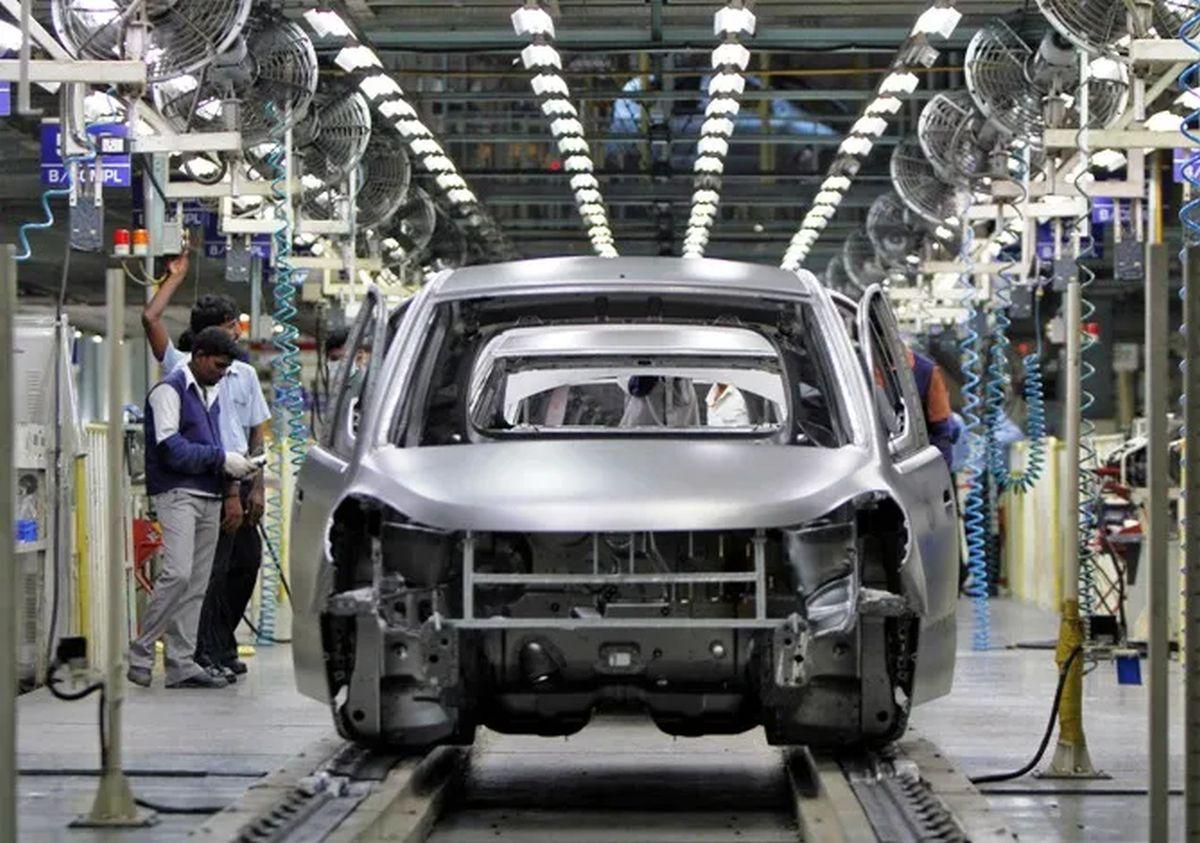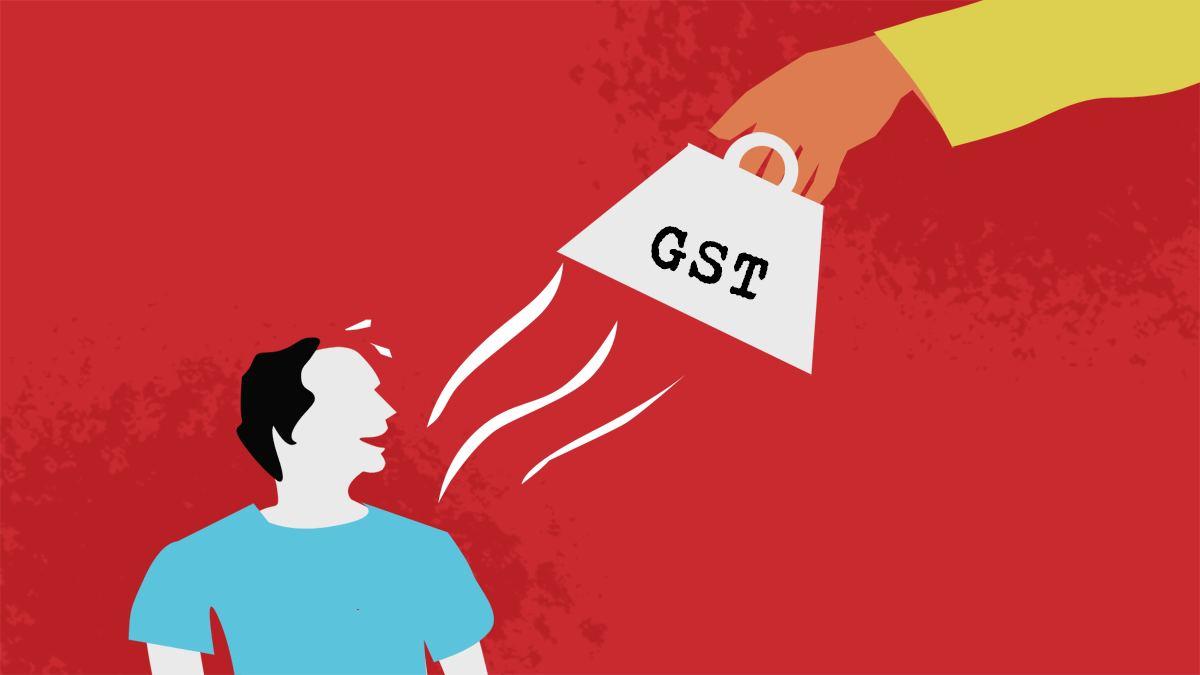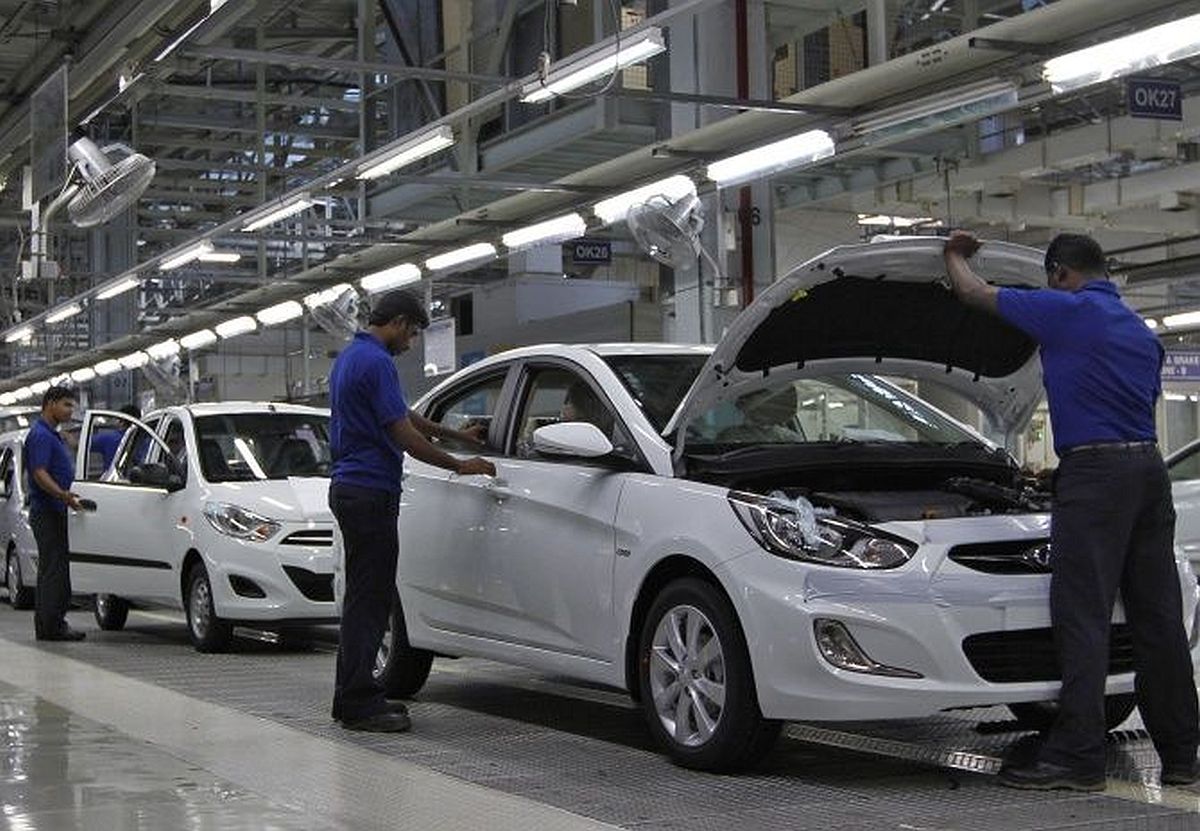‘Despite assurance from China, none of the companies have received supplies from Chinese sellers.’

IMAGE: The assembly line at the Hyundai Motor India Ltd plant in Kancheepuram district, Tamil Nadu. Photograph: Babu/Reuters
Even after China’s assurance to address India’s concerns over export curbs on rare-earth elements and magnets, automakers are yet to receive any supply, resulting in continued uncertainty in the sector, people aware of the matter said.
“Despite assurance from China, none of the (domestic) companies have received supplies from Chinese sellers,” one of the persons cited above said.
Chinese Foreign Minister Wang Yi, during this visit to New Delhi last month, had promised External Affairs Minister S Jaishankar that Beijing will ease restrictions on exports of rare-earth minerals, among other items.
Rare-earth magnets and elements, critical to industries ranging from automobiles and automobile components, electronics, medical industry and even defence, have been subjected to export licensing norms by China since April 4.
The curbs were imposed in response to United States’ increased tariffs on Chinese products.
A leading two-wheeler original equipment manufacturer (OEM) said that the company has not received any fresh shipments of rare-earth magnets from China ever since its vendors submitted applications.
“We are now hoping that with the Modi-Xi meeting, things should start moving soon. I don’t want to put a timeline to it, but very soon shipments should start,” said the senior official at the OEM.
Another passenger vehicle OEM said they are comfortably placed for Q2 and Q3 of this year and would need some critical components by Q4 of this year.
As for shipments they were not expecting any during the last two months as they had inventory.
Under the new rules, Chinese sellers will now receive export clearance if imports can guarantee that there is no dual-use of the materials or for defence-related applications.
The process, however, is complicated and long-drawn.
Since then, India has been in dialogue with China through diplomatic channels to process applications from Indian importers seeking shipments of the critical raw materials.
In June, the Indian automobile industry raised an alarm and flagged their concerns with the Indian government over the export curbs on rare-earth magnets.
They had said that delay in approval of imports of these critical raw materials from China’s ministry of commerce was causing disruption in the production schedule of Indian automakers, including electric vehicles (EVs).
Rare-earth magnets are critical not just for EV drivetrains but also for components such as crankshaft position sensors, motor control units, ignition coils, speedometers, tweeters, electric water pumps, and wheel speed sensors in internal combustion engine-fitted vehicles.
Meanwhile, domestic automakers are using stopgap measures to deal with the situation for the time being.
For instance, since automakers are not able to get the supply of raw materials from China, components are being sent to the neighbouring country to fit them to the required parts.
Since China dominates the global production and capacity of rare-earth elements and magnets, countries across the world have been getting affected by these restrictions.
The country accounts for about 70 per cent of global rare-earth mining and nearly 90 per cent of rare-earth magnet production, giving it overwhelming leverage in this segment.
Feature Presentation: Aslam Hunani/Rediff




